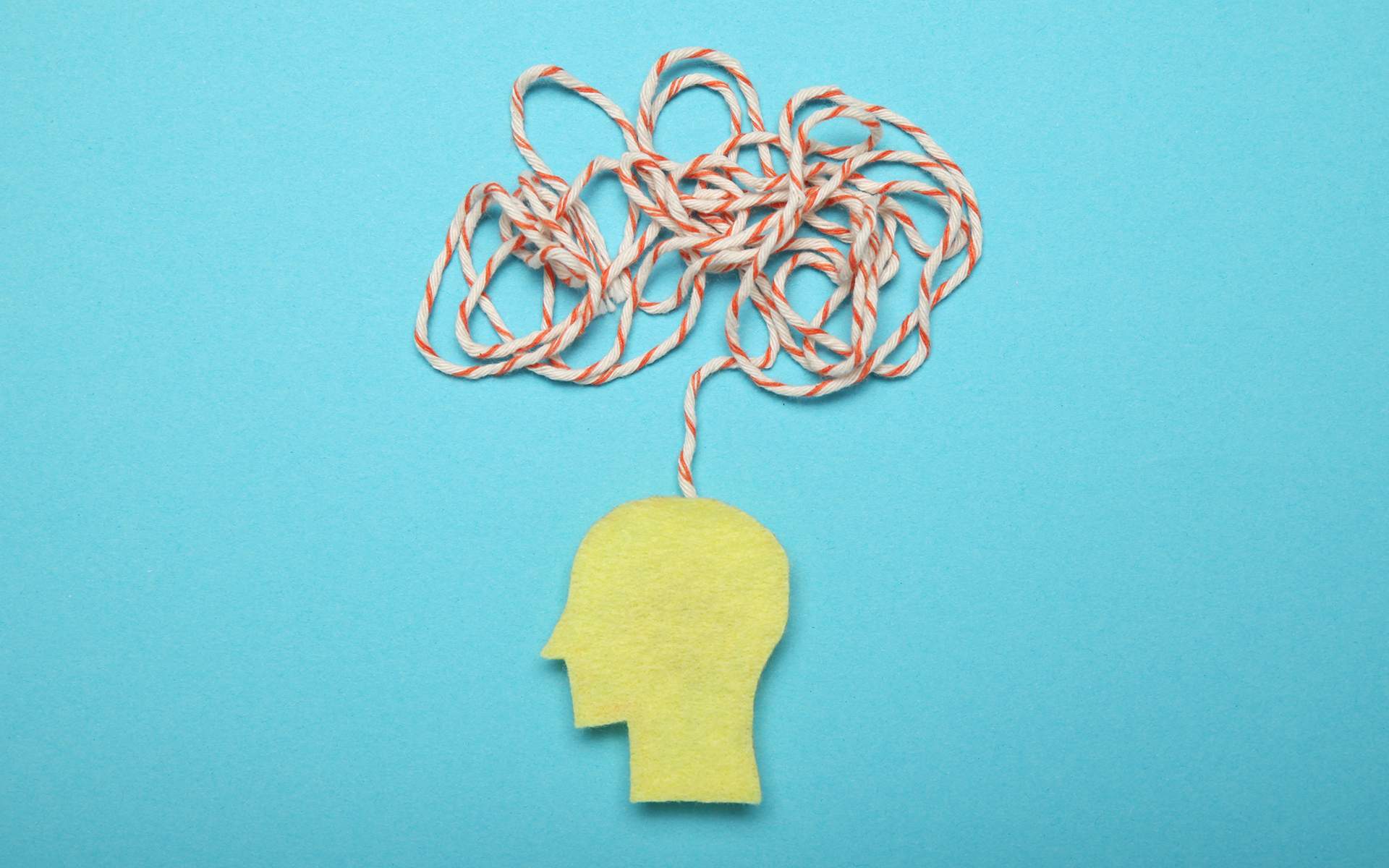Psychological trauma impacts many of us—it is estimated 70 percent of adults in the U.S. will experience some type of traumatic event in their lifetime, with 20 percent going on to develop post-traumatic stress disorder after the fact.
Trauma is an emotional response to a negative event. The effects of trauma can be overwhelming and difficult to understand and move on from. Because trauma can be so hard to process, it’s often difficult to understand the full impact it has on our lives.
In this video, author and philosopher Alain de Botton explains how we can recognize the signs of trauma and begin to recover from it.
Where Does Trauma Come From?
For many people, trauma originates in childhood.
“Children are especially vulnerable to being traumatised, because they are congenitally unable to understand themselves or the world very well – and have to rely to an uncommon degree on parents who are frequently less than mature, patient or balanced,” de Botton says.
Children who grow up with parents who are violent, neglectful, or suffering from mental illness are more likely to be traumatized, particularly if this occurs during the formative years of zero to five.
However, trauma can also manifest later in life—it’s commonly found in those who survive a devastating experience, such as being in war or losing someone in a tragic way.
Regardless of what causes trauma, the main symptom is the same: a pervasive fear that alters one’s behaviour.
Regardless of what causes trauma, the main symptom is the same: a pervasive fear that alters one’s behaviour.
“Traumatised people are, above anything else, scared,” de Botton says. “They are scared of getting close to others, of being abandoned, of being humiliated and disgraced, of falling ill, probably of sex, of travelling, of their bodies, of parties, of key bits of their mind and – in the broad sense – of the world.”
For those who have lived with trauma for the majority of their lives, this fear may seem natural—coming not from within themselves but from other people. For example, those who fear intimacy may attribute relationship problems to being with the wrong person; or those with low self-esteem may believe people think negatively of them, when truly they think negatively of themselves.
“In other words, trauma colors our view of reality but at the same time, prevents us from noticing the extent to which we are peering at life through a highly distorted lense,” de Botton explains.
How Can We Overcome Trauma?
Overcoming serious trauma can take years of hard work, and the best way to move forward is to seek advice from a medical professional who can help you find the right treatment for your given situation.
However, there is evidence that practicing mindfulness can be a useful tool in the recovery process, as it helps you recognize your own thoughts as they appear, and establish that these thoughts are not always factual.
“It is a vast step towards mental well-being to be able to be usefully suspicious of one’s first impulses, and to begin to observe how much suspicion, fear and self-hatred one is bringing to situations that truly don’t warrant them,” de Botton says.
By acknowledging your experience, you can start to understand what drives your feelings of fear and anxiety, and change your perspective over time.
“The beginning of the end starts with a very small step: coming to realize that we might actually be traumatised, and that the world may not be the dark, fearful, overwhelming and dread-filled place we had always assumed it had to be,” de Botton concludes.
read more
The Power of Forgiveness During Shelter in Place
More time at home may be an opportunity to connect with loved ones—or it could bring up emotional wounds that have yet to be healed. Here are three mindful practices to forgive ourselves and others.
Read More
7 Ways to Ease Your Anxious Mind
Elisha Goldstein, psychologist and founder of the Mindful Living Collective, offers seven daily practices to help us feel calm and stay grounded in uncertain times.
Read More

Is Our Breathing Connected to Free Will?
Is there a link between your breath and free will? A new study by a team of researchers in Switzerland may surprise you.
Read More










